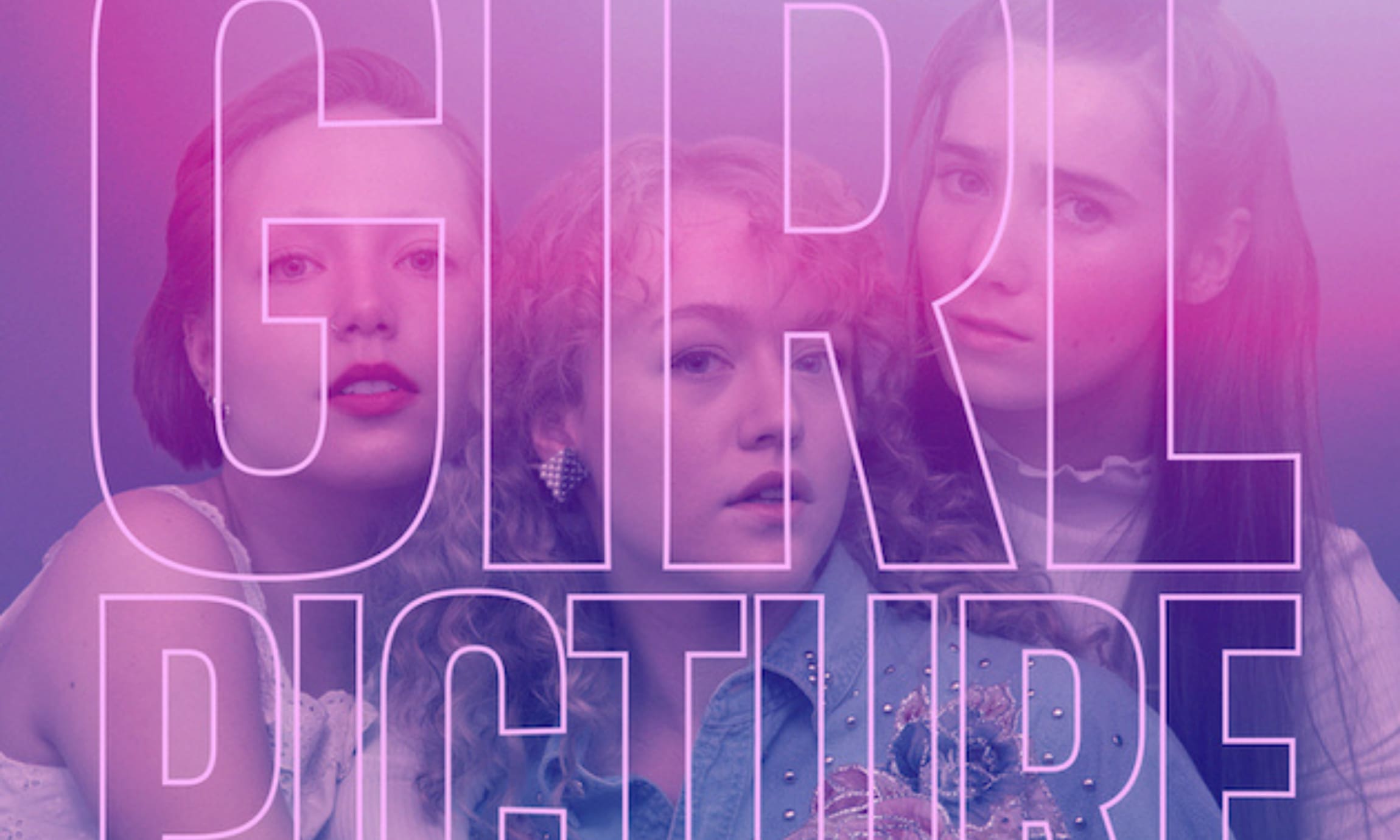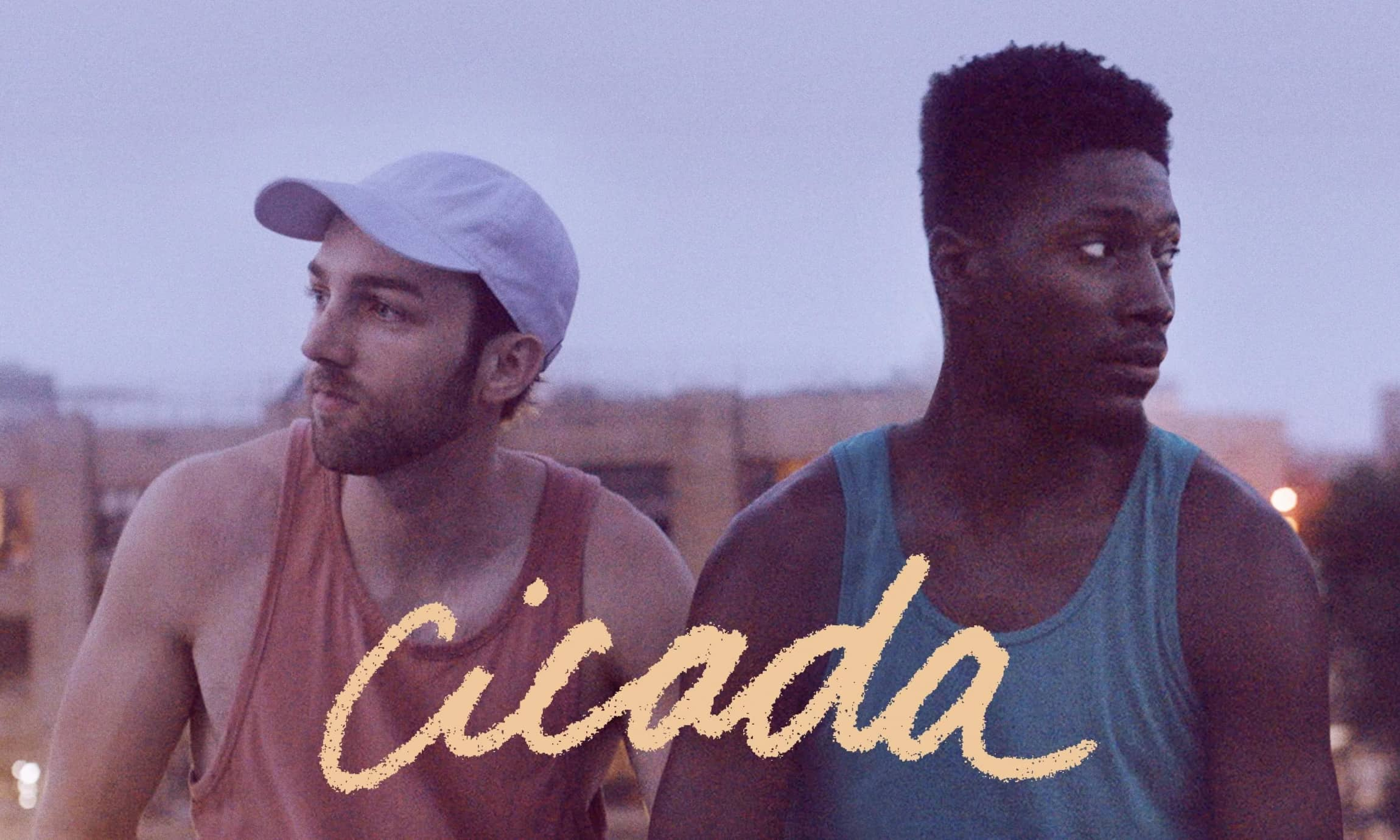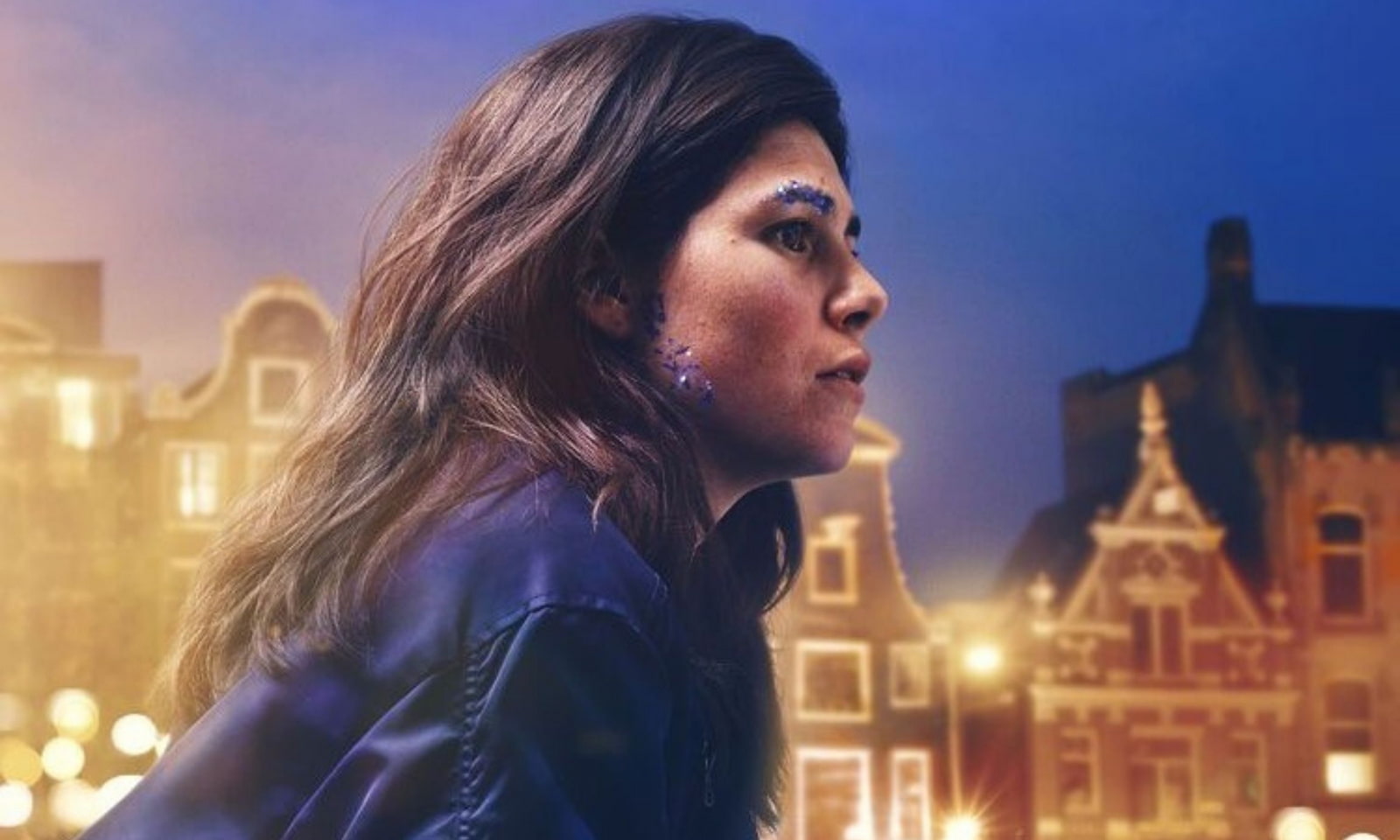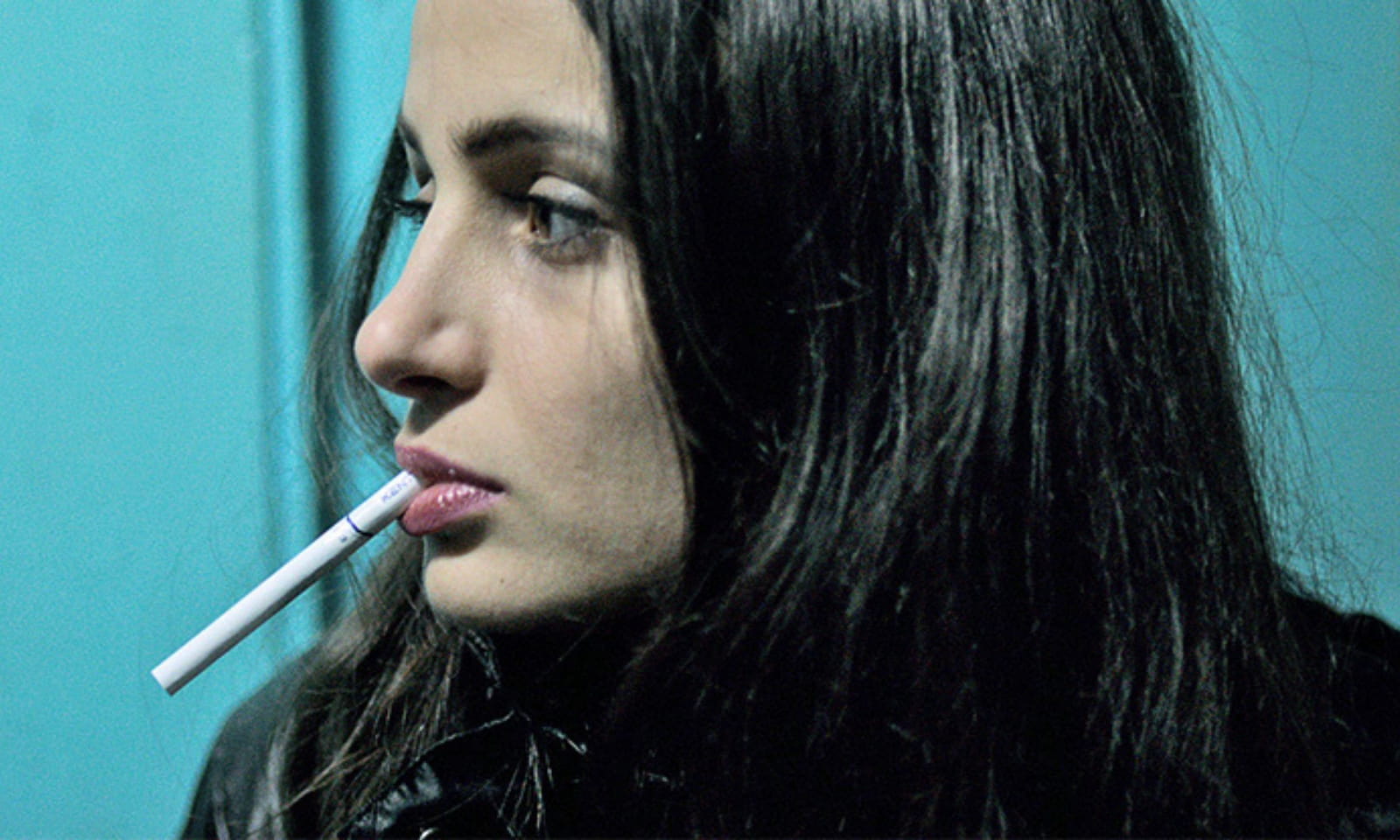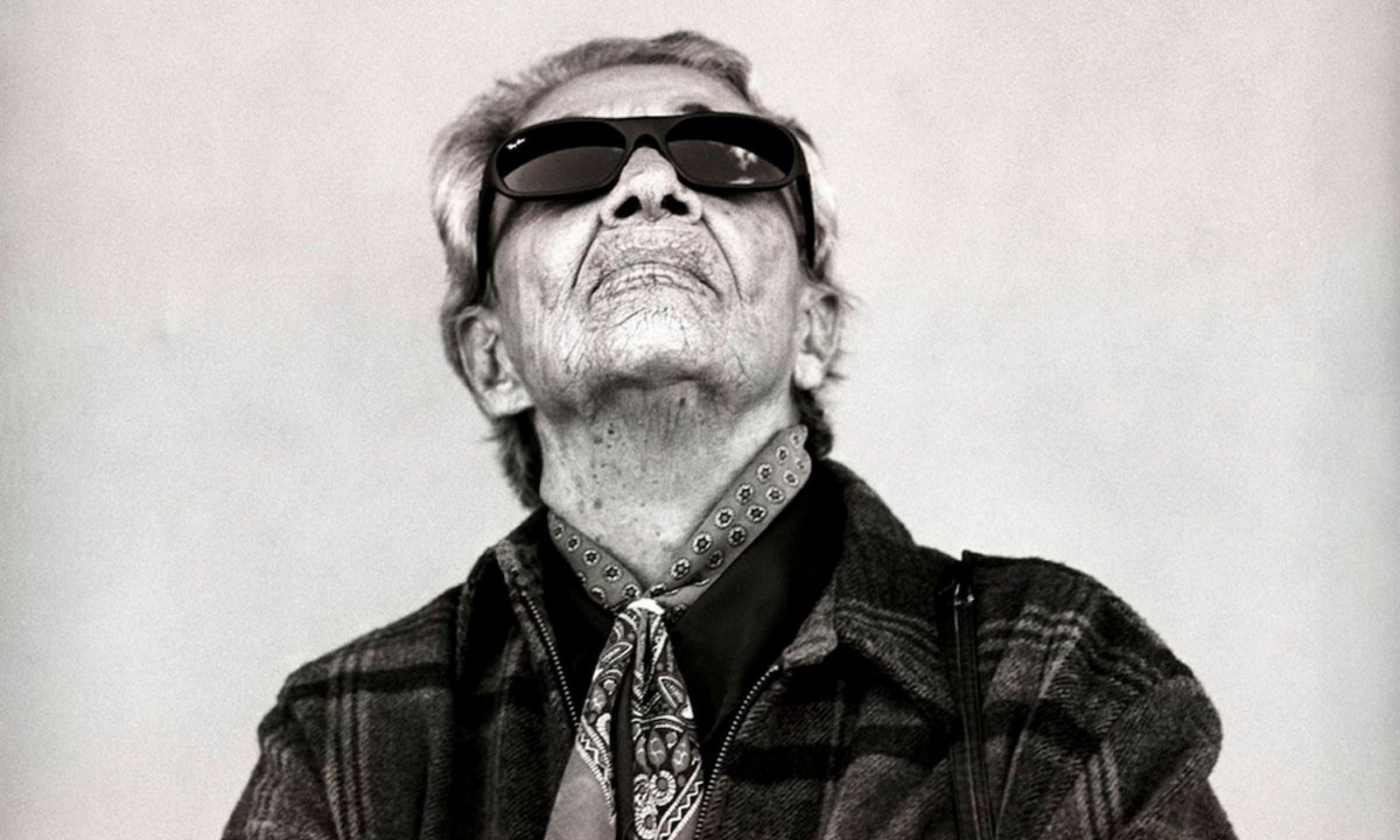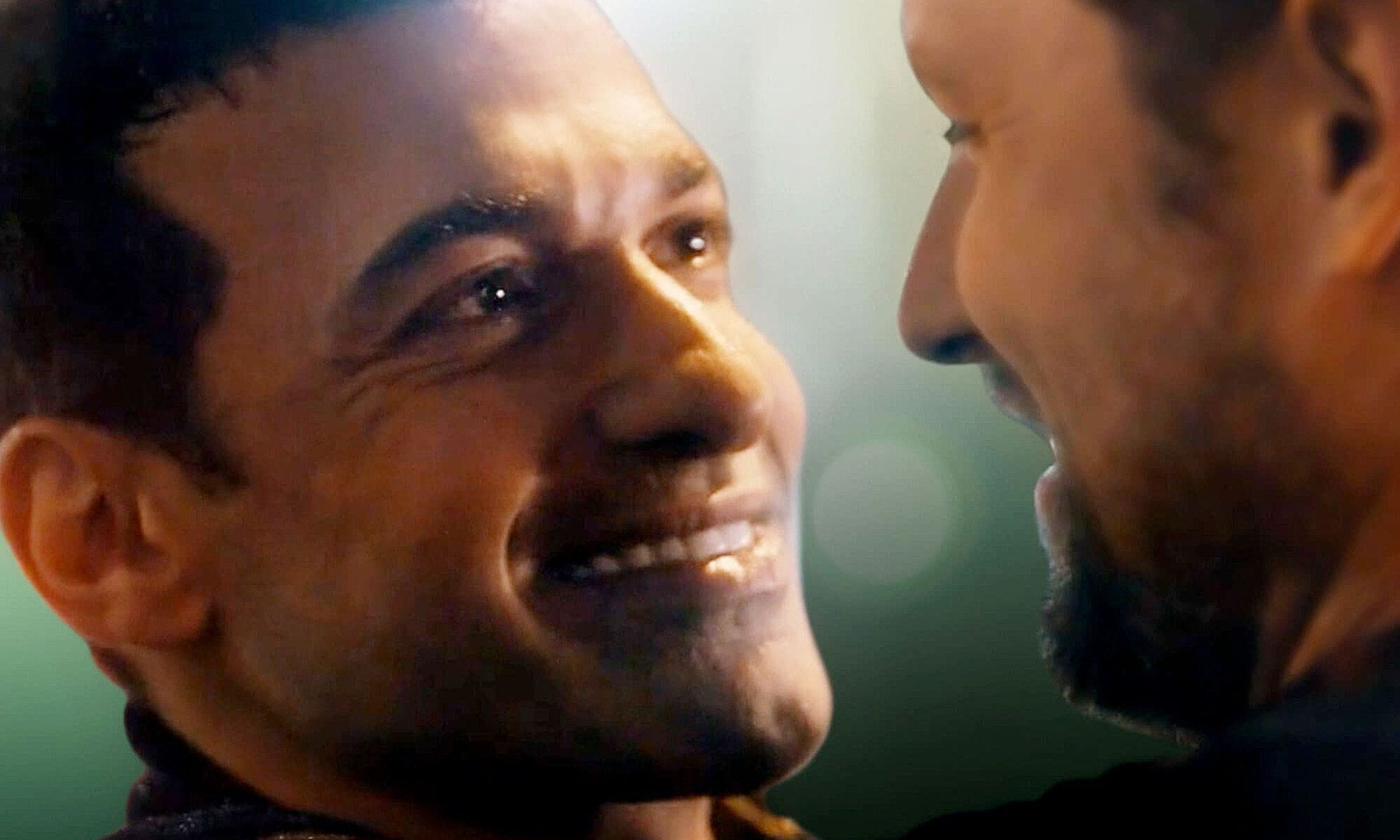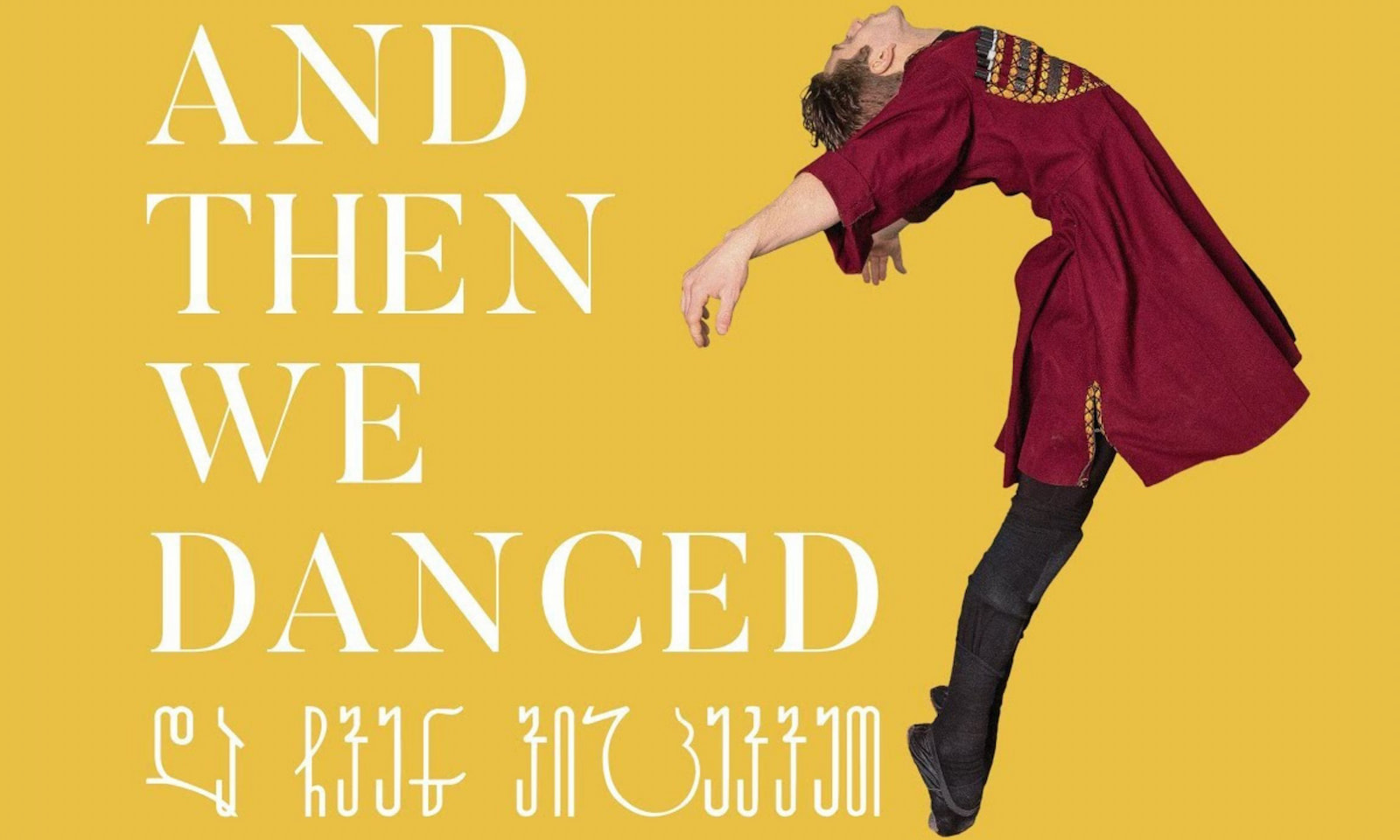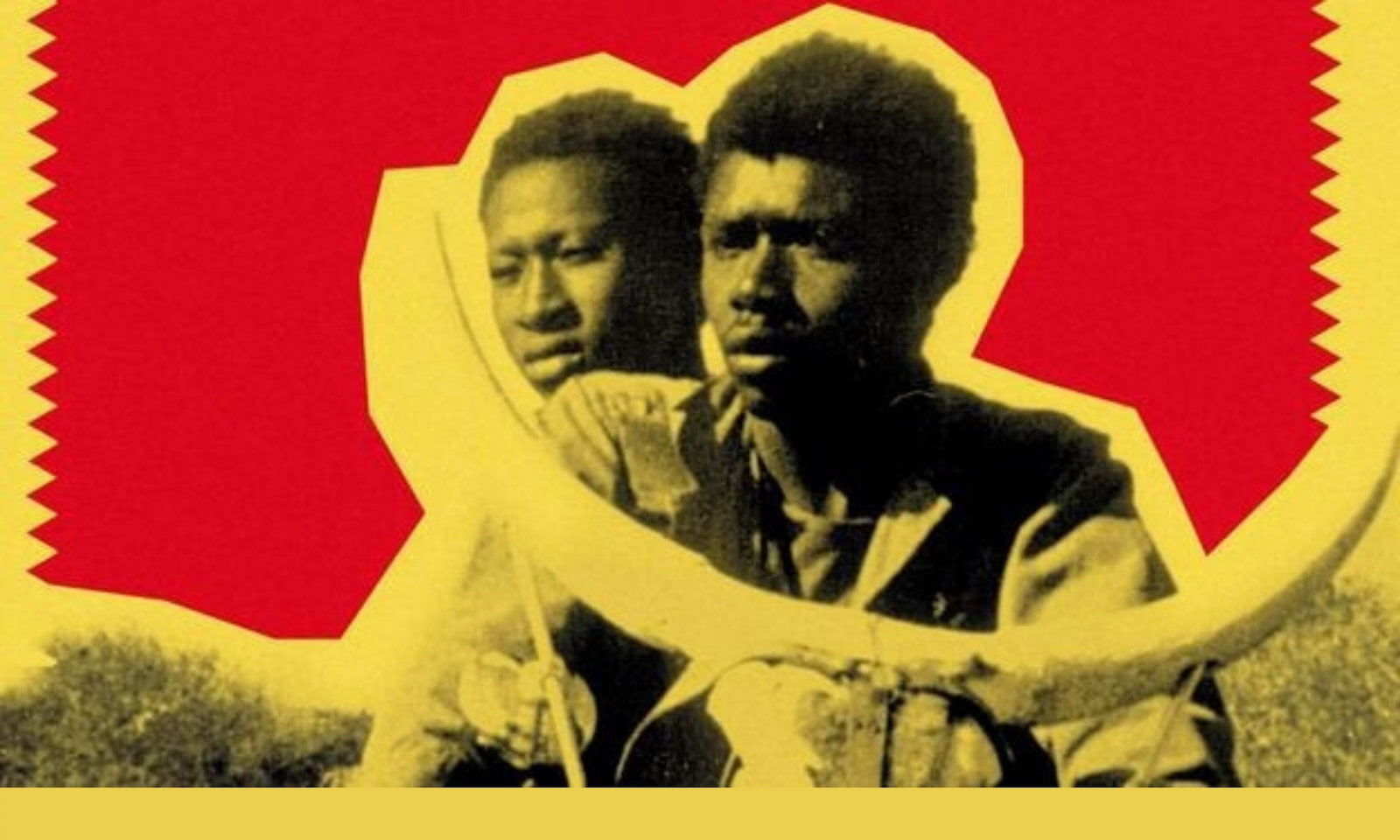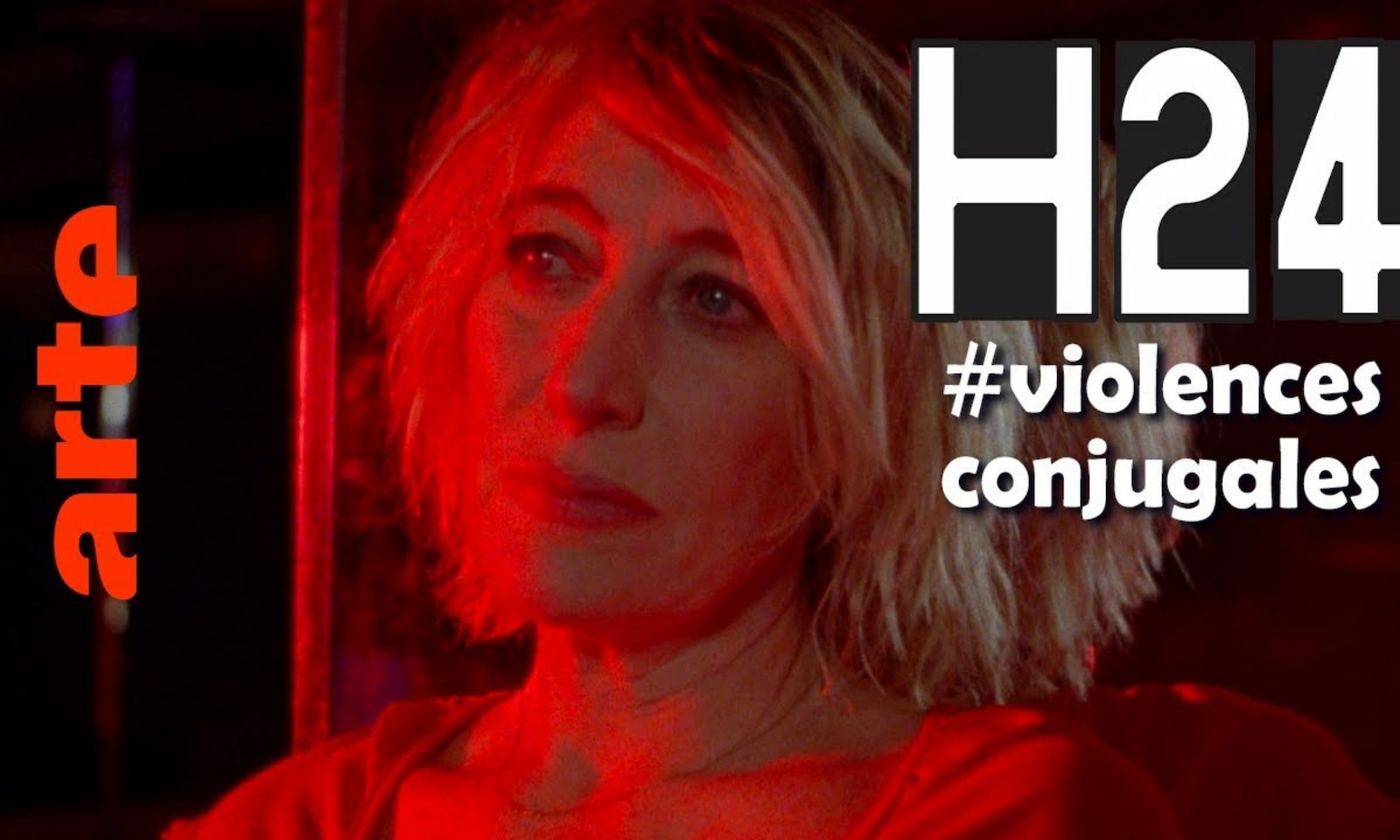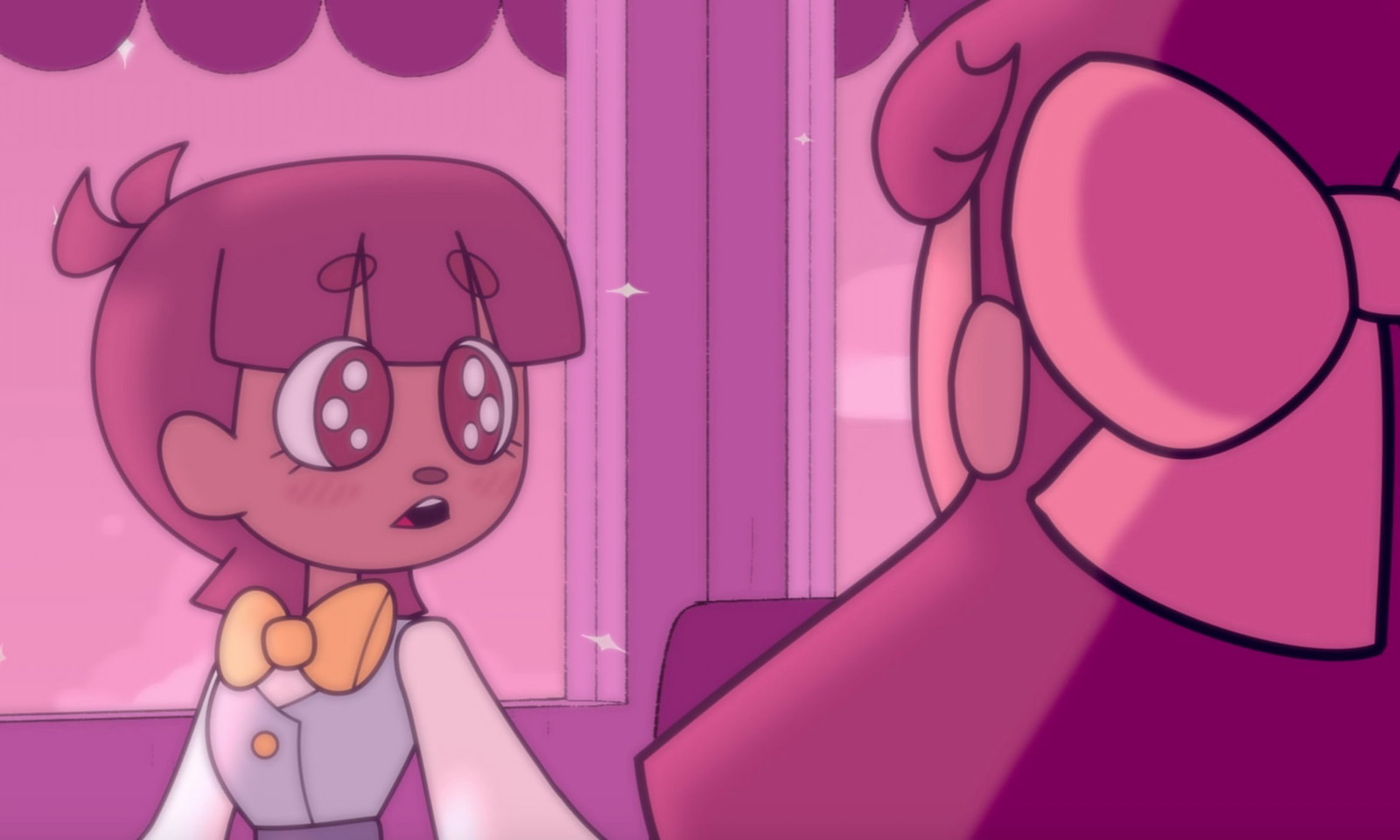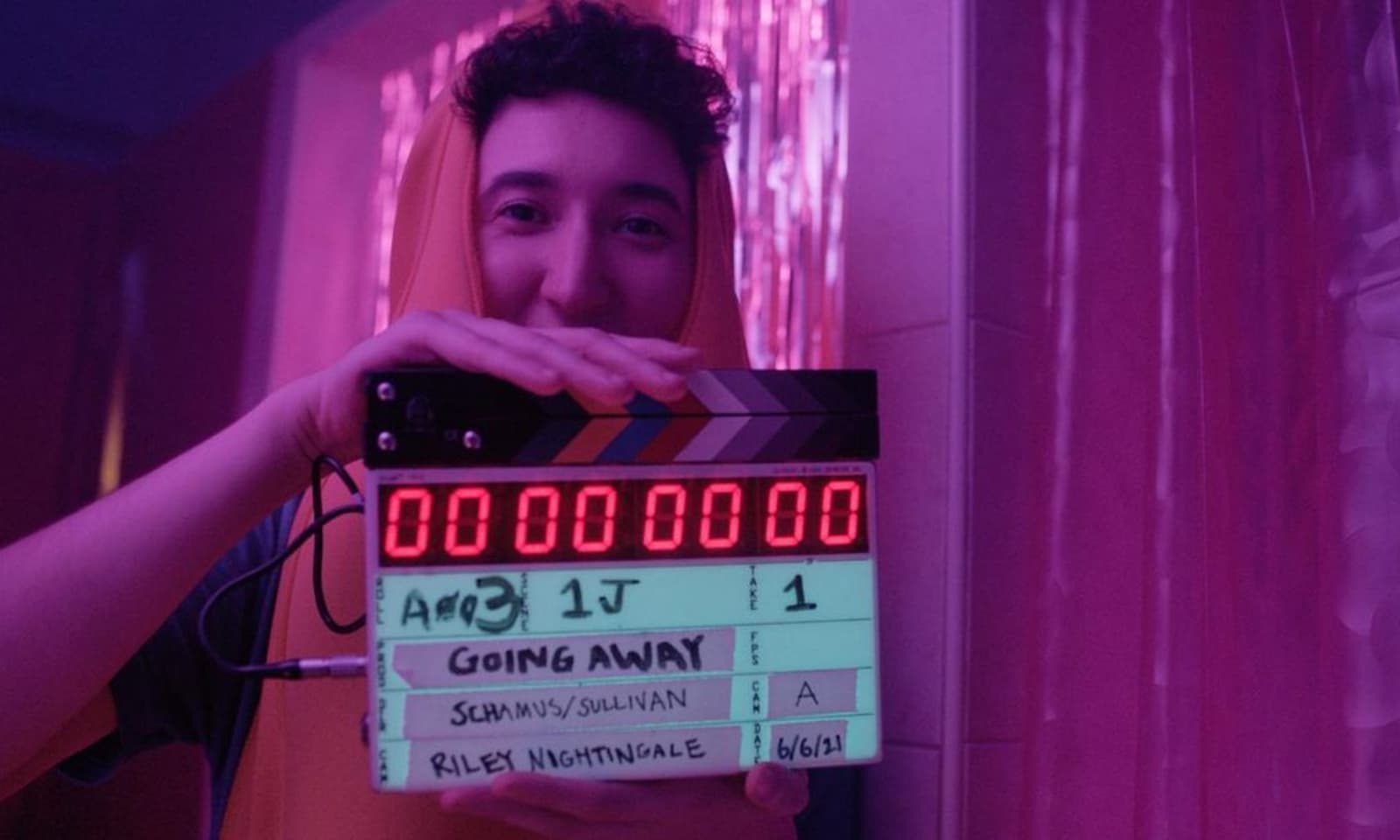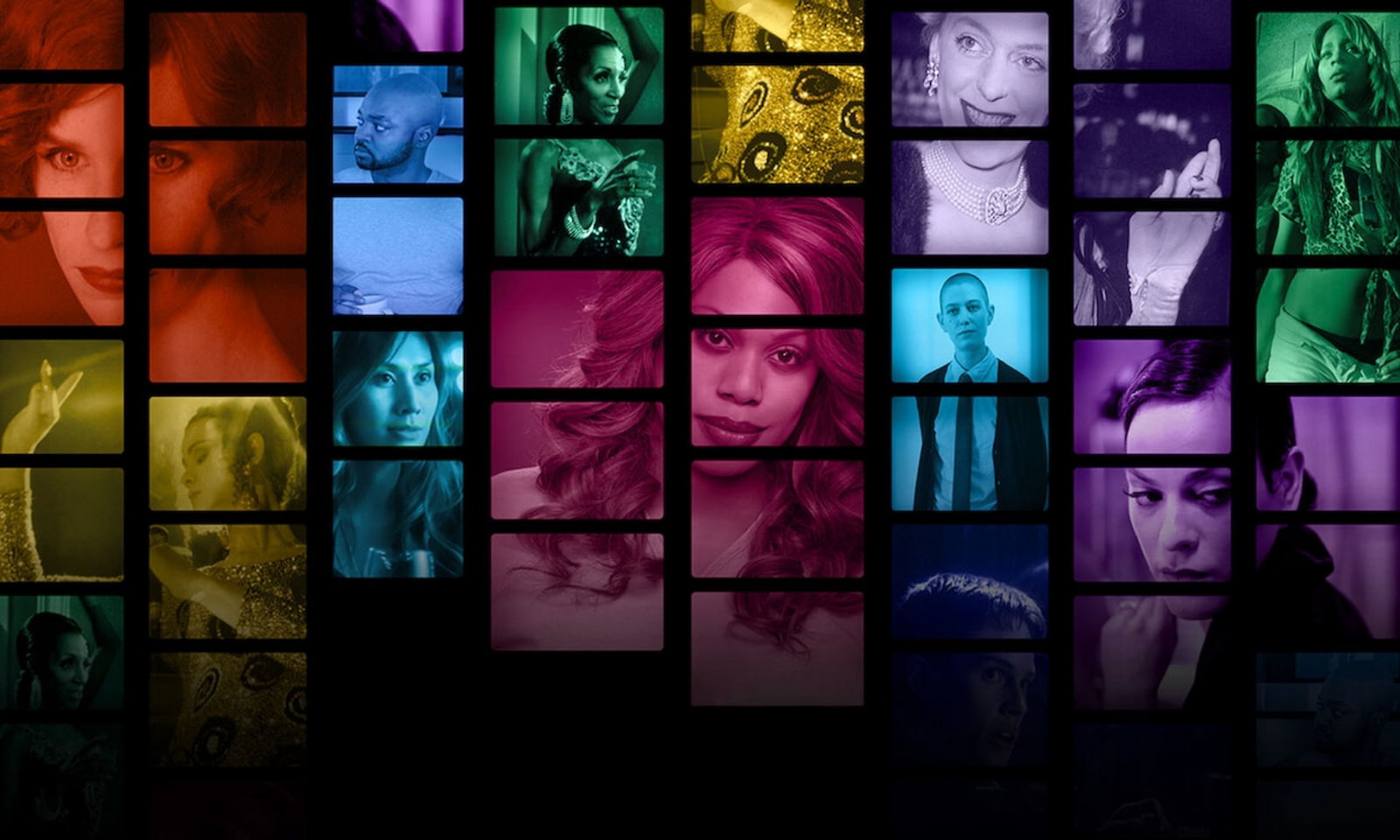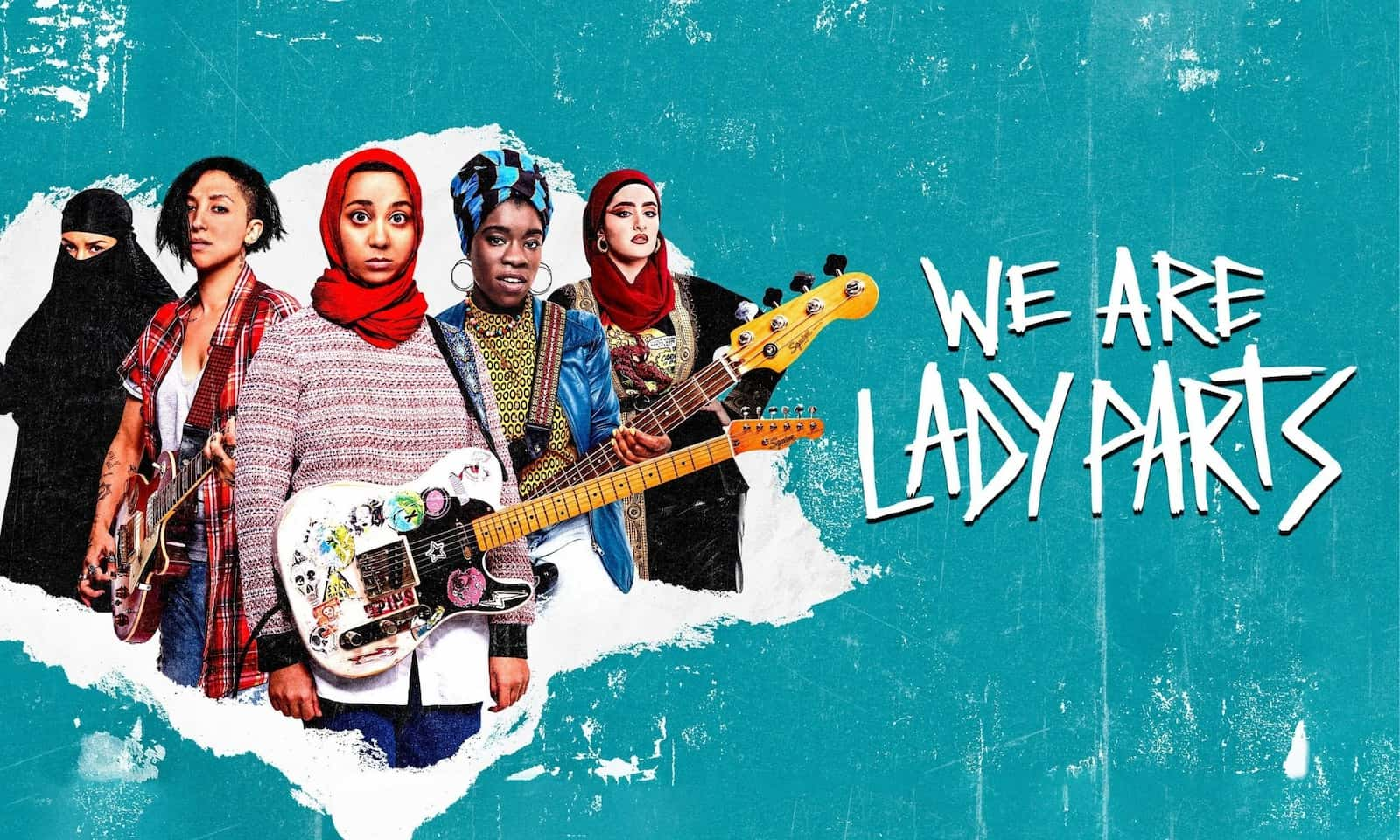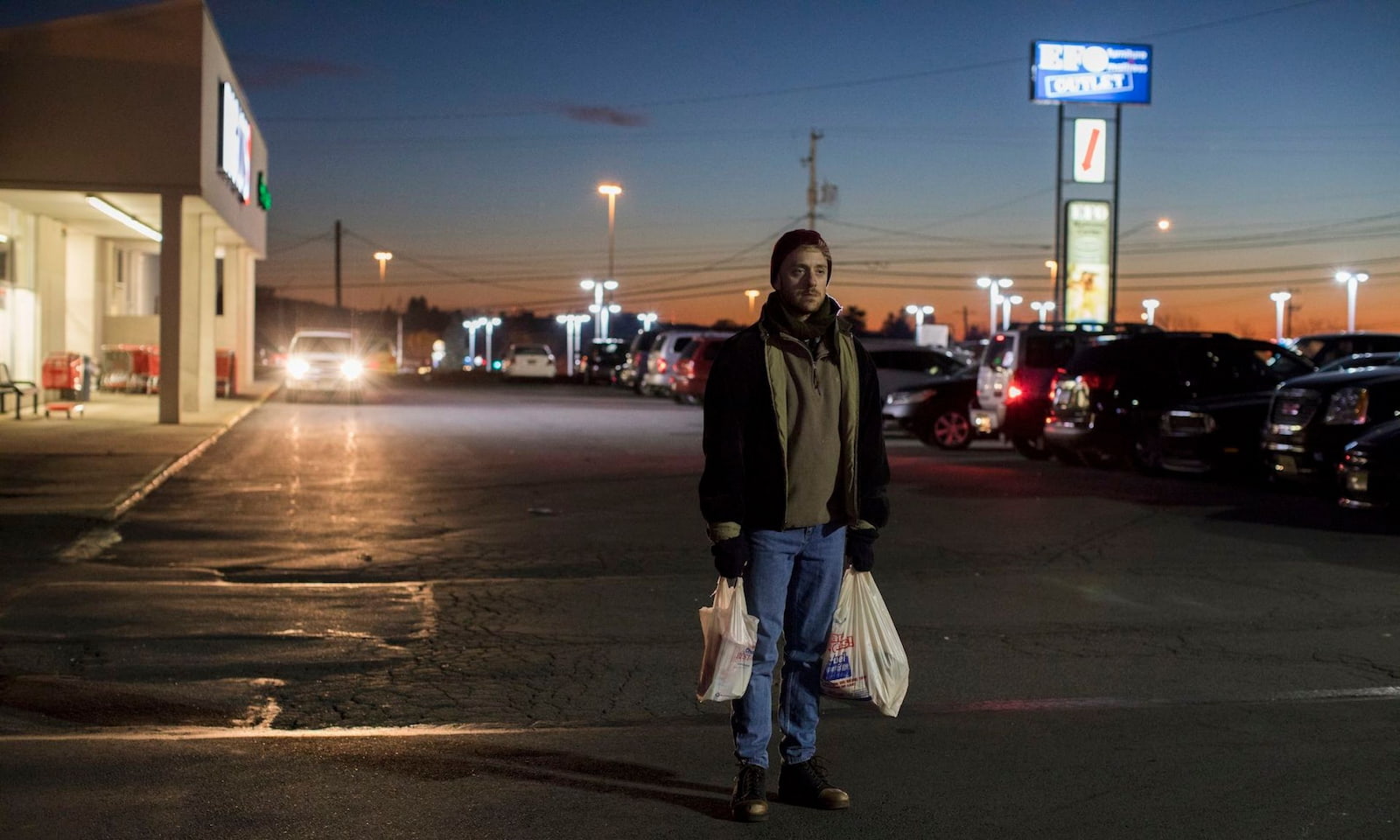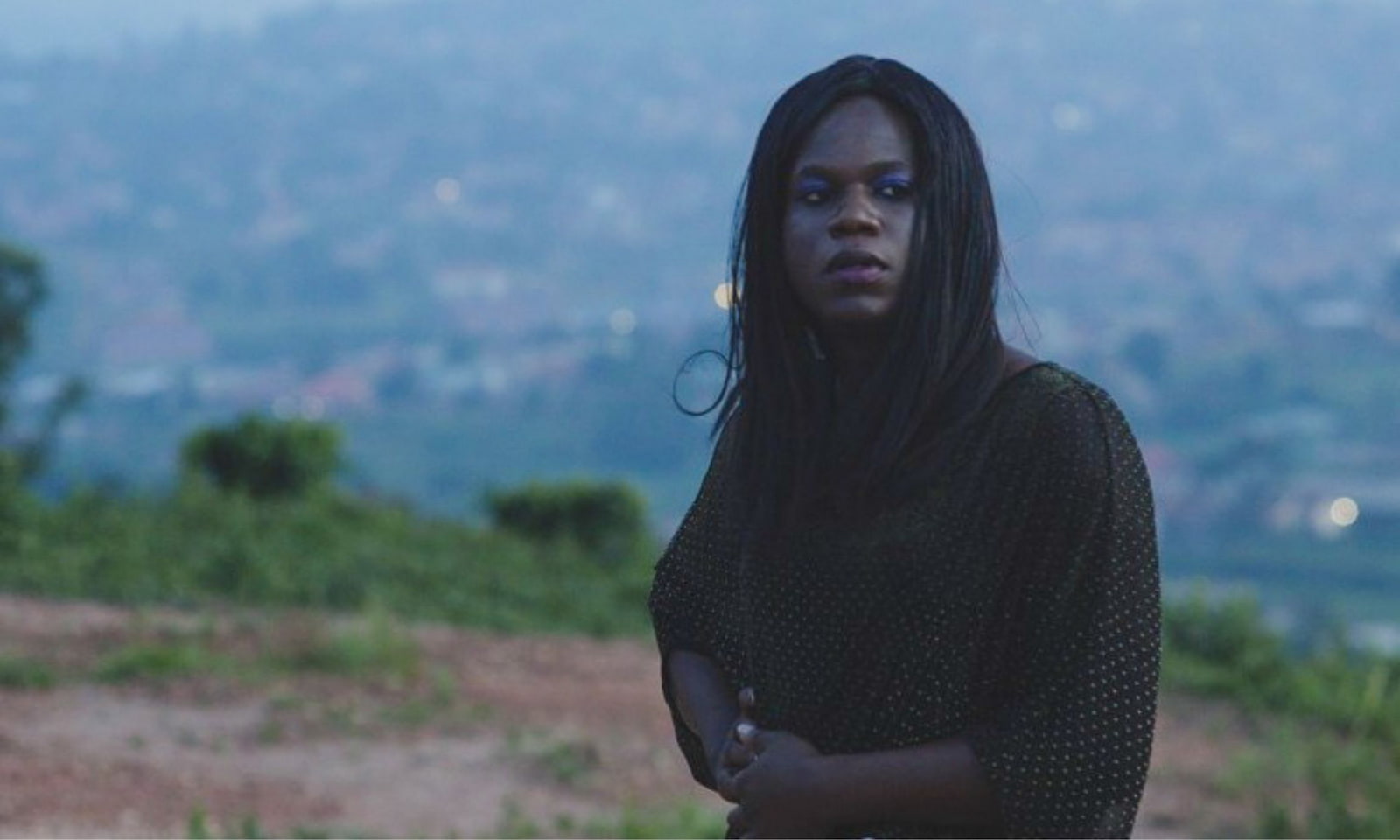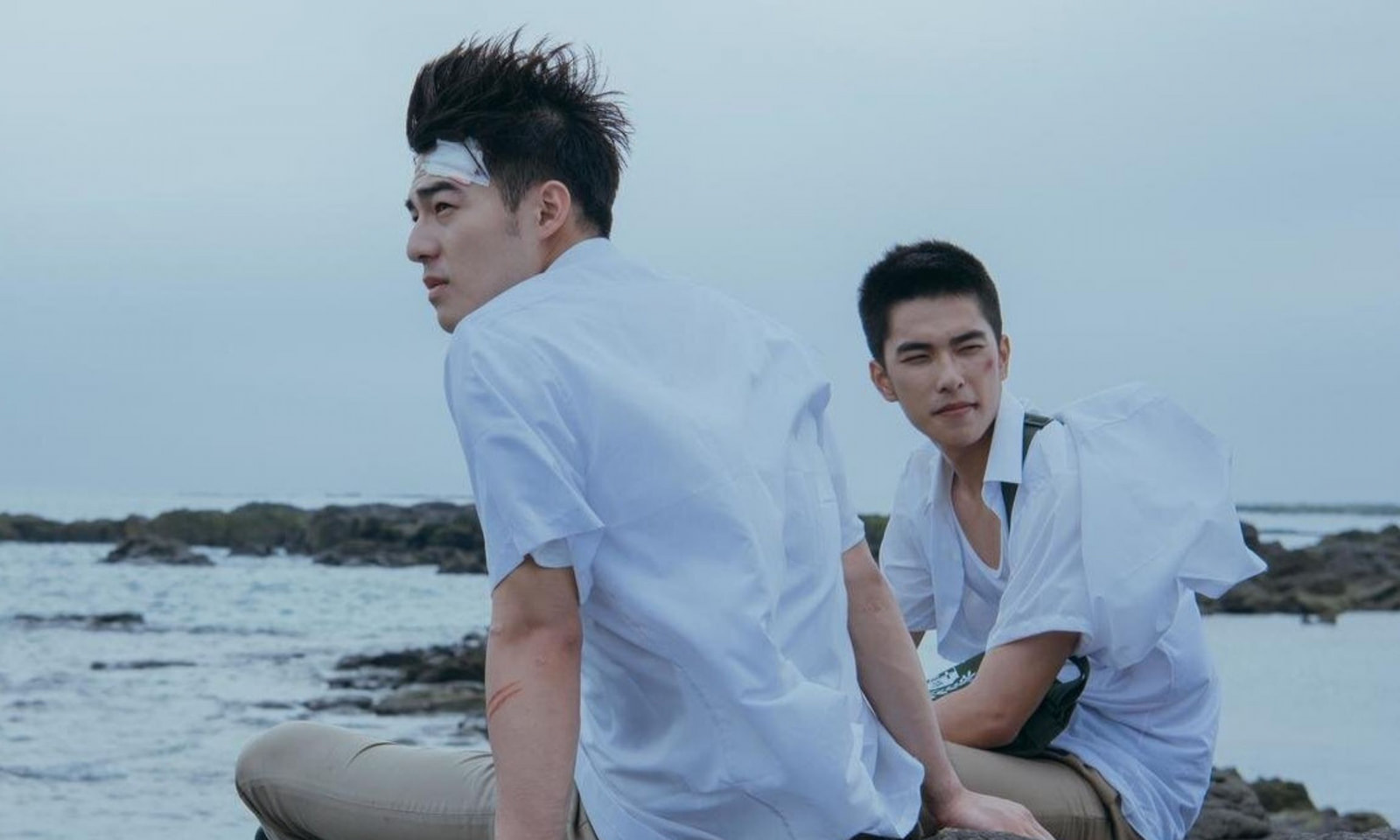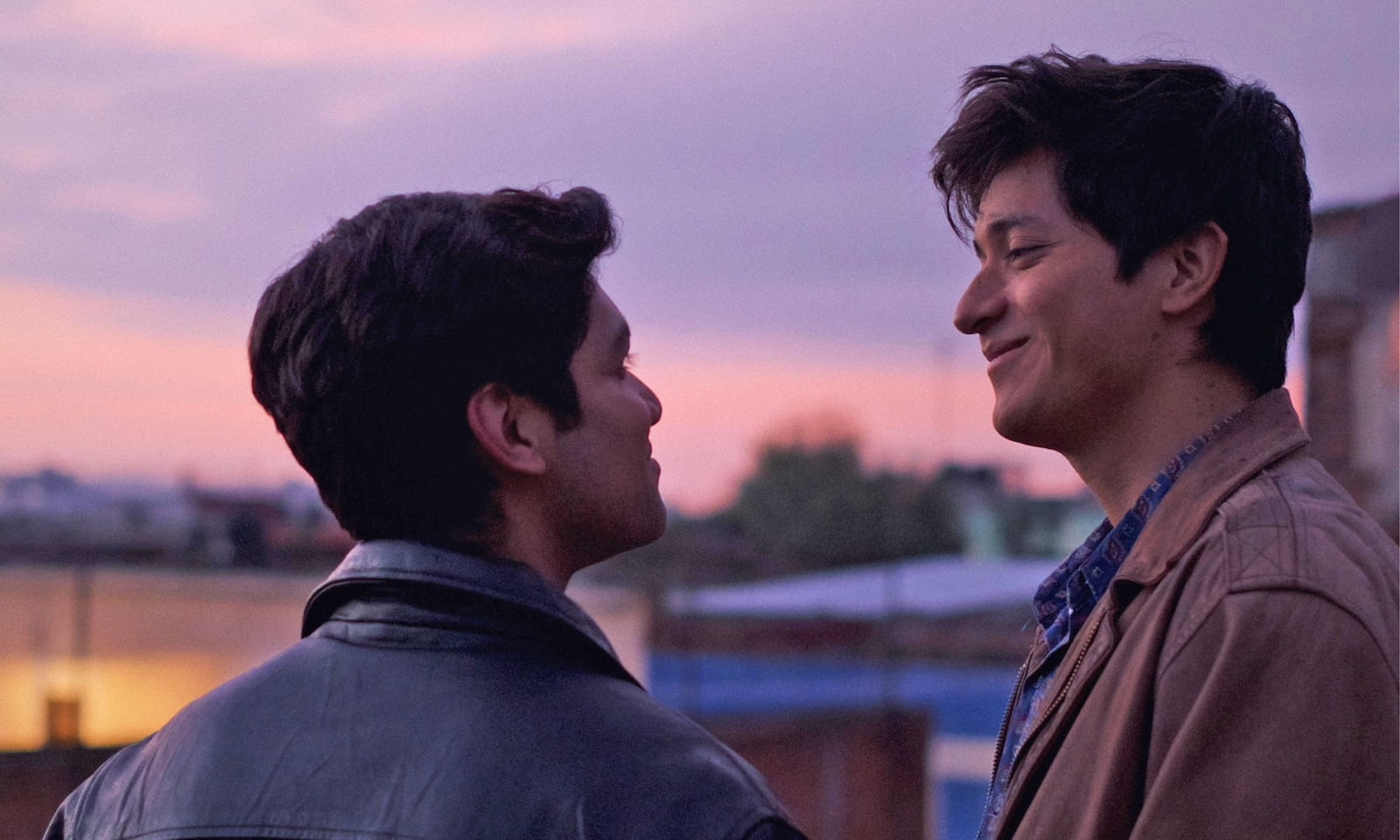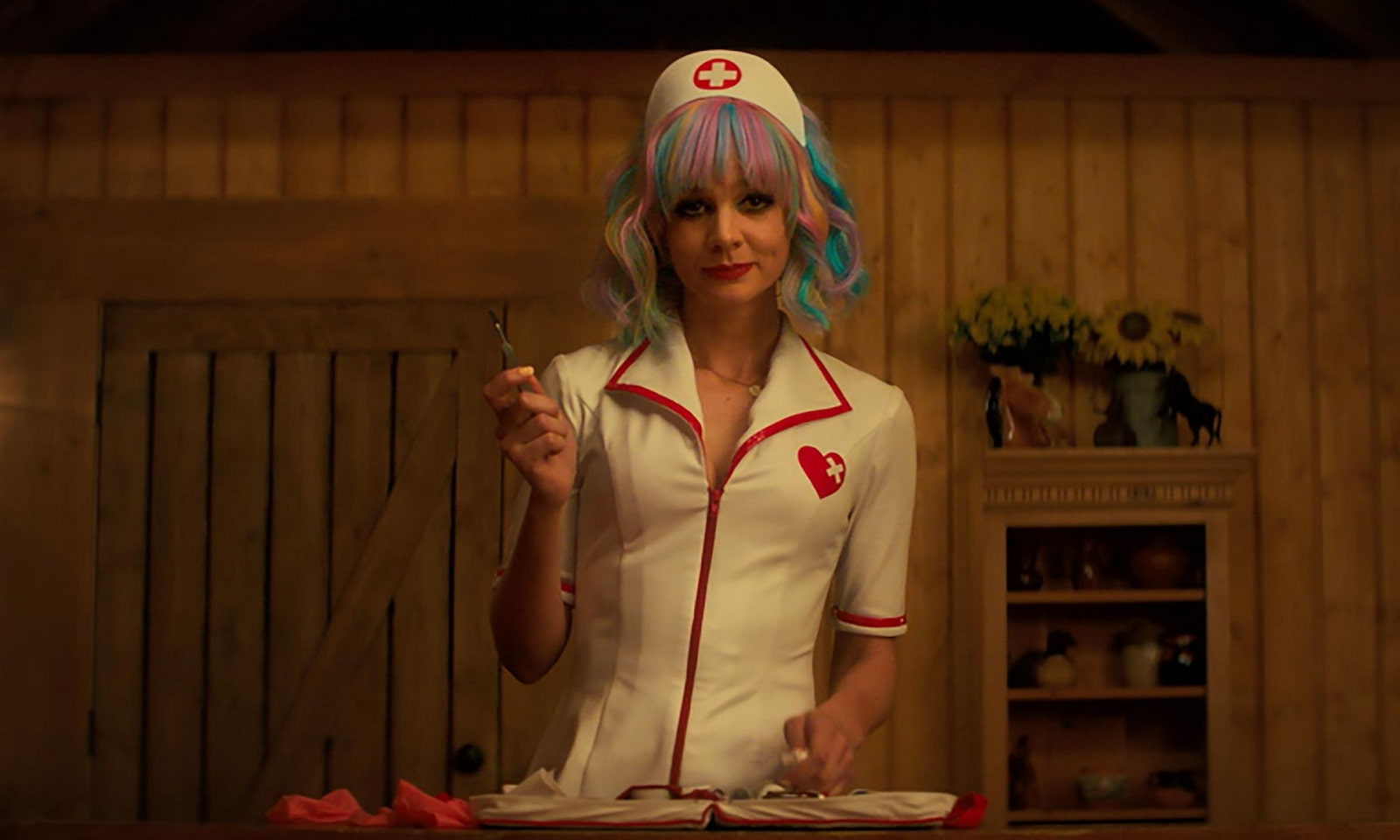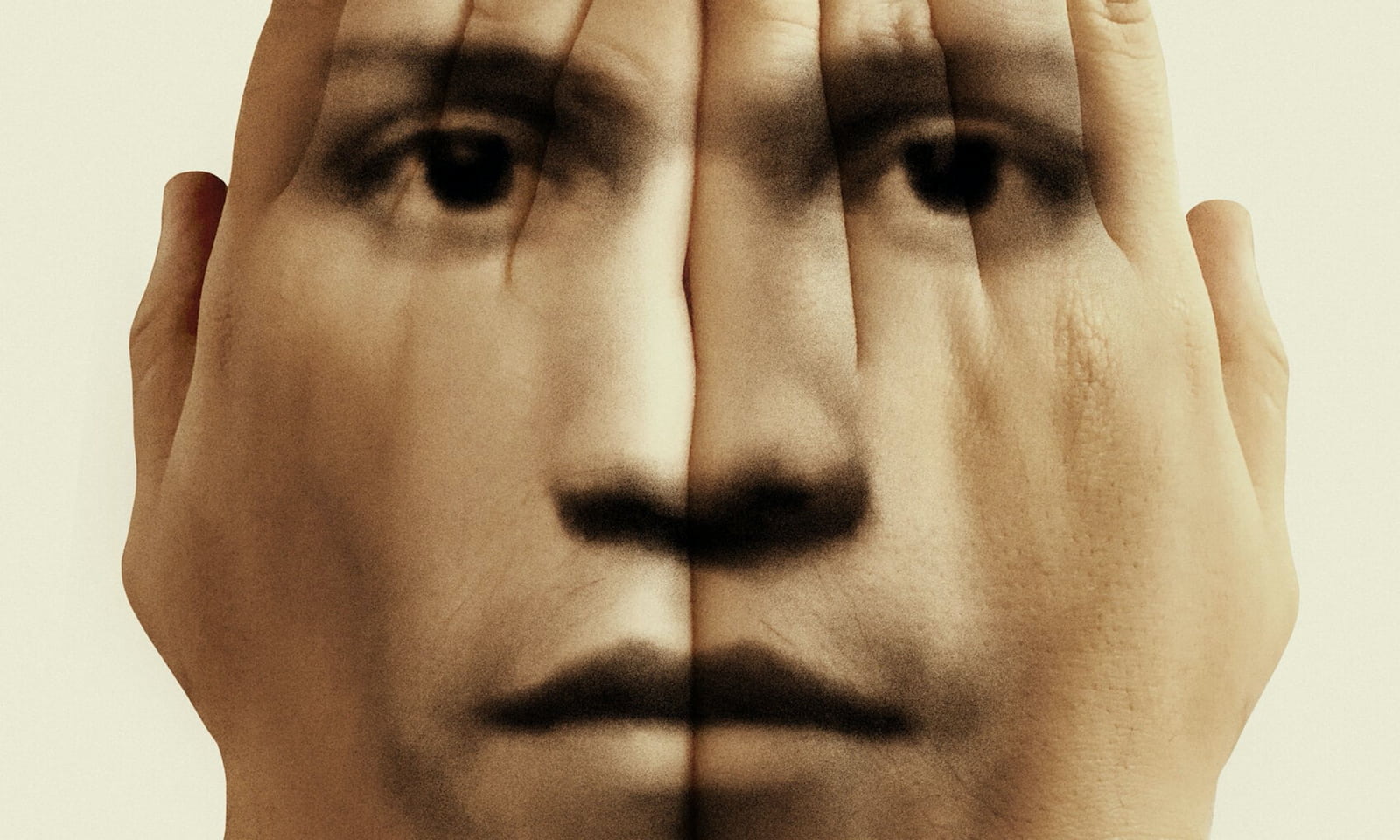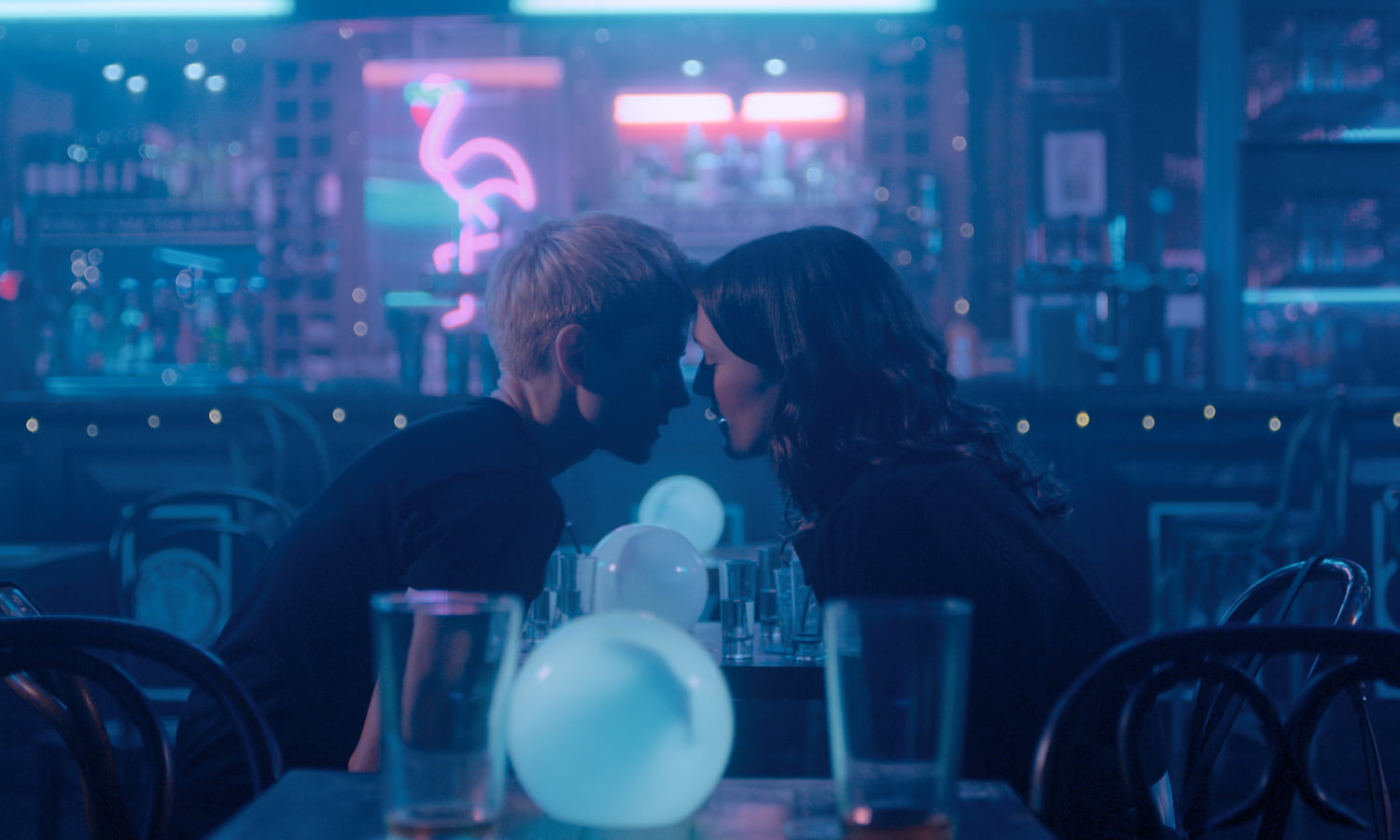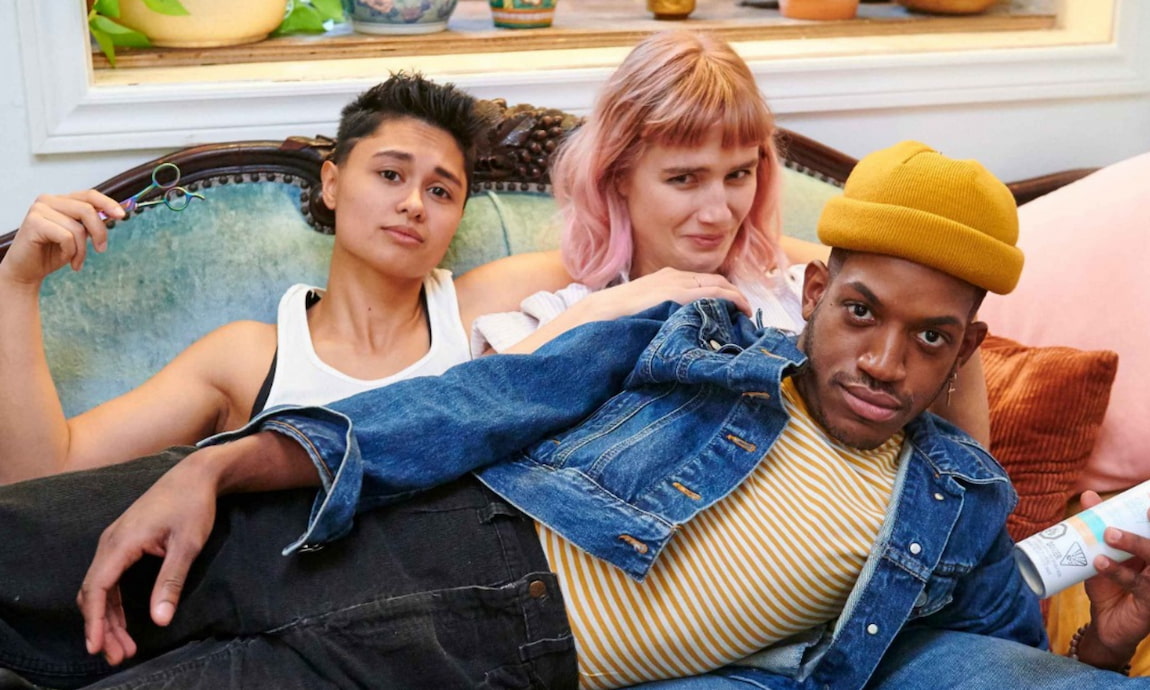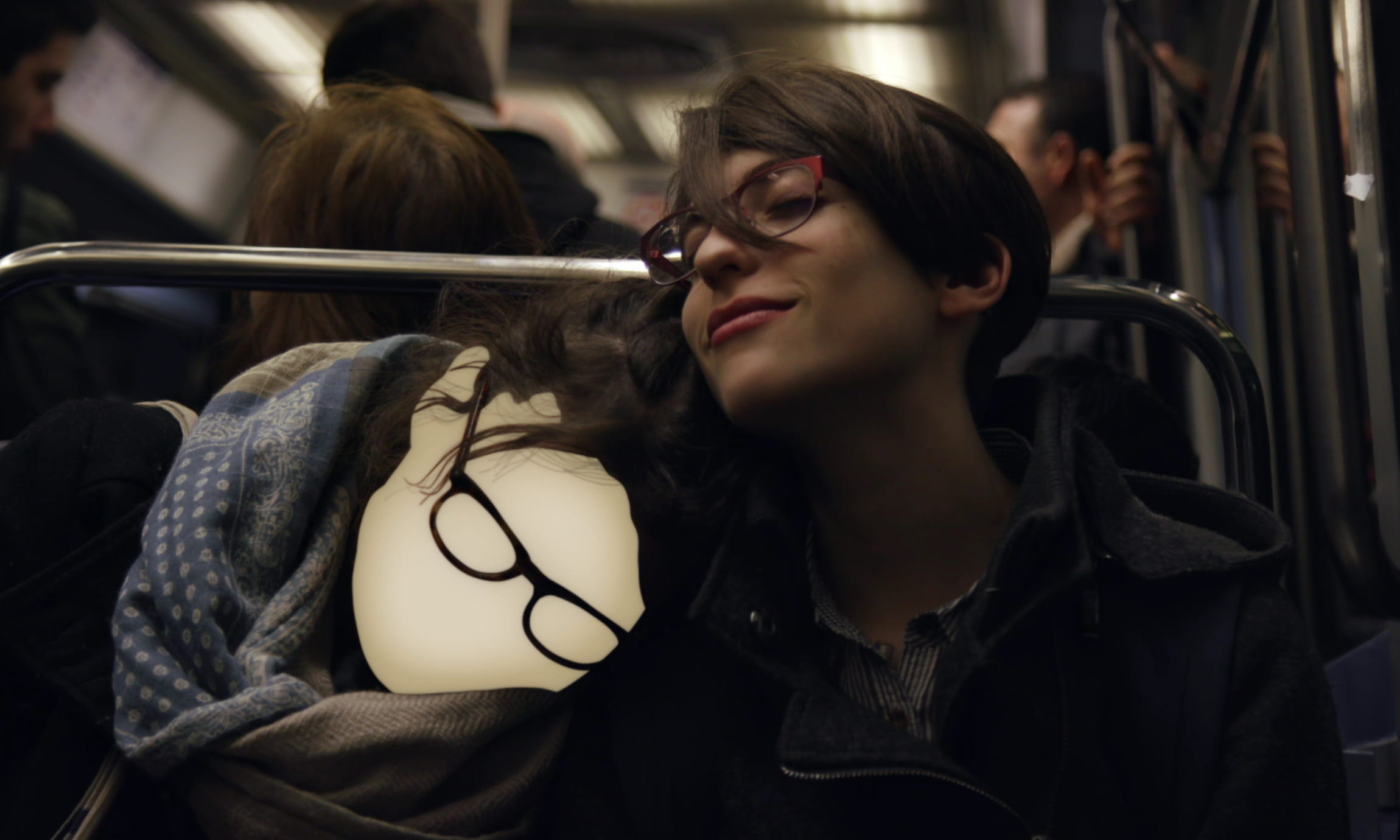
Shining a Light on a Dark Chapter About AIDS In Brazil
Dany Niederhauser: What a strong piece that you dropped on us yesterday! You write and directed "Os Primeiros Soldados", which portrays the painful reality of the first people in the Brazilian community to be affected by AIDS, which is a rare approach on this subject.
Rodrigo De Oliveira: First of all, there was a total lack of representation. In Brazilian cinema, you see some characters that live with HIV, but there wasn’t a sole and concentrated effort to portray them.
And that's a big part of the problem that we face in Brazil today due to misinformation about AIDS.
We had four years of a far-right government that suppressed information about treatments and prevention.
And Brazilian cinema unwillingly was kind of helping to mute this subject.
So I always wanted to do a film about it and then when I started to do research, specifically in my hometown Victoria, I found out that the statistics about AIDS began being counted in 1985. I discovered through newspapers and interviews of people that we had begun losing people at least two years before. And those people, they are unnamed, I couldn't find them during the research and the screenwriting to tell their stories. So I thought, "Well if this is a new subject for Brazilian cinema, why not start it at the beginning?"
Because there's probably something at the origin of the epidemic that can illuminate us about how to deal with it now. So the film is about this early stage, but it's also a reflection of the many years after that when things got more known.
Dany: It’s so interesting! We are talking about the beginning of AIDS. There is no name for the disease at that time besides the word AIDS appeared only once in the film. And it's so well done that we the spectators are confused. Was it hard to talk about this without putting a name on it?
Rodrigo: The film focuses on the characters' journey of gaining knowledge throughout the story. As Suzano said, "We will die knowing all that we could." I wanted the audience to experience AIDS as the characters were experiencing it, not just as a subject. The ideal spectator is someone who goes into the film without any preconceptions, as I wanted to avoid repeating the common tropes found in other films about AIDS.
And one of the main things is the relationship with time.
When you're diagnosed, your perception of time changes. While it's no longer a fatal disease with today's medication, it still has a profound impact on one's sense of time. That's why the chronological structure of the film is all twisted. After the first part of the film, the three main characters are completely gone for 10 minutes. It's very close to what people living with HIV feel. You don't know where they are and that's something that I experienced myself when I was going to gay clubs in the late nineties in Brazil. I had this impression of going there and meeting someone and then a couple of months later going back and that person was not there anymore. And everyone knew what that disappearance meant, but no one talked that he was another victim of AIDS. People just disappeared from the scene. They either died or they secluded themselves from society. And that's another thing I wanted the film to portray. So that's not to be a film about AIDS but how these characters are experiencing it.
Dany: And that's so well done. Compared to all the other films, this one is one of the first that I saw that is not talking about how the disease is transmitted and I thought it was genius to refocus on the subject of the human.
Rodrigo: The film explores the idea of people living with HIV, and their dreams and experiences. Each character has a dream that is fulfilled in some way.
Trans actress Rose receives a play on New Year's while already feeling ill. Despite being a sex worker, her dream is to become a real actress, which she achieves.
Suzano has the dream of knowledge and he ends the film with the most knowledge that he could ever have.
Humberto is a young filmmaker at the beginning of the film, and by the end, he became the filmmaker that he wanted to be.
Despite the sadness of the subject, there is humor and levity in the film. The characters come alive because we allow them to be themselves, in all their complexities. They are sick, but they are also living their lives.
Dany: So what you portray was the hope of finding a cure at that time. It was a way to celebrate life and to show that the disease is not a fatality.
Rodrigo: Yeah, because the idea of dealing with death is supposed to be a common thing because we all die, we all have people dying in our lives. AIDS made the queer community see death differently as they lost so many people, but it feels like they did not die in vain. Even though younger generations may not be aware of this history, we have a short time here and must choose whether to make it fulfilling or painful.
Dany: And there is another part of the movie which is the community. And I hope that the younger generation will be able to see this film because it has a very strong sense of community and how the film was received by the younger generation.
Rodrigo: I made this film in part because I wish I had seen a film like this when I was a teenager. So, it's been quite incredible because there is this huge gap in knowledge and historic information.
The problem with the younger generation is that they feel like they don't belong in history as much as my generation. For many young people, that's the first time they are in front of something like this.
And I do think that it has to become a point of communion amongst the younger audiences because our LGBTQIA+ community kind of started because of AIDS. We have existed since time immemorial but it was because of this struggle that we understood. If we didn't stick together, we were gonna be dust in history. When I have been releasing the film, a level of groups of young people went to see it together. And it's nice to imagine that they go into the theater as a group of friends and they come out as a part of the community.
Images courtesy of the movie
Shop and support
Rodrigo De Oliveira
Lorem ipsum dolor sit amet, consectetur adipiscing elit, sed do eiusmod tempor incididunt ut.


















































